Sleep trends to try in 2025 – from sleep divorce to sleep retreats and everything in between
I asked an expert panel of product designers, medical professionals, and sleep scientists whether popular and emerging sleep trends really work
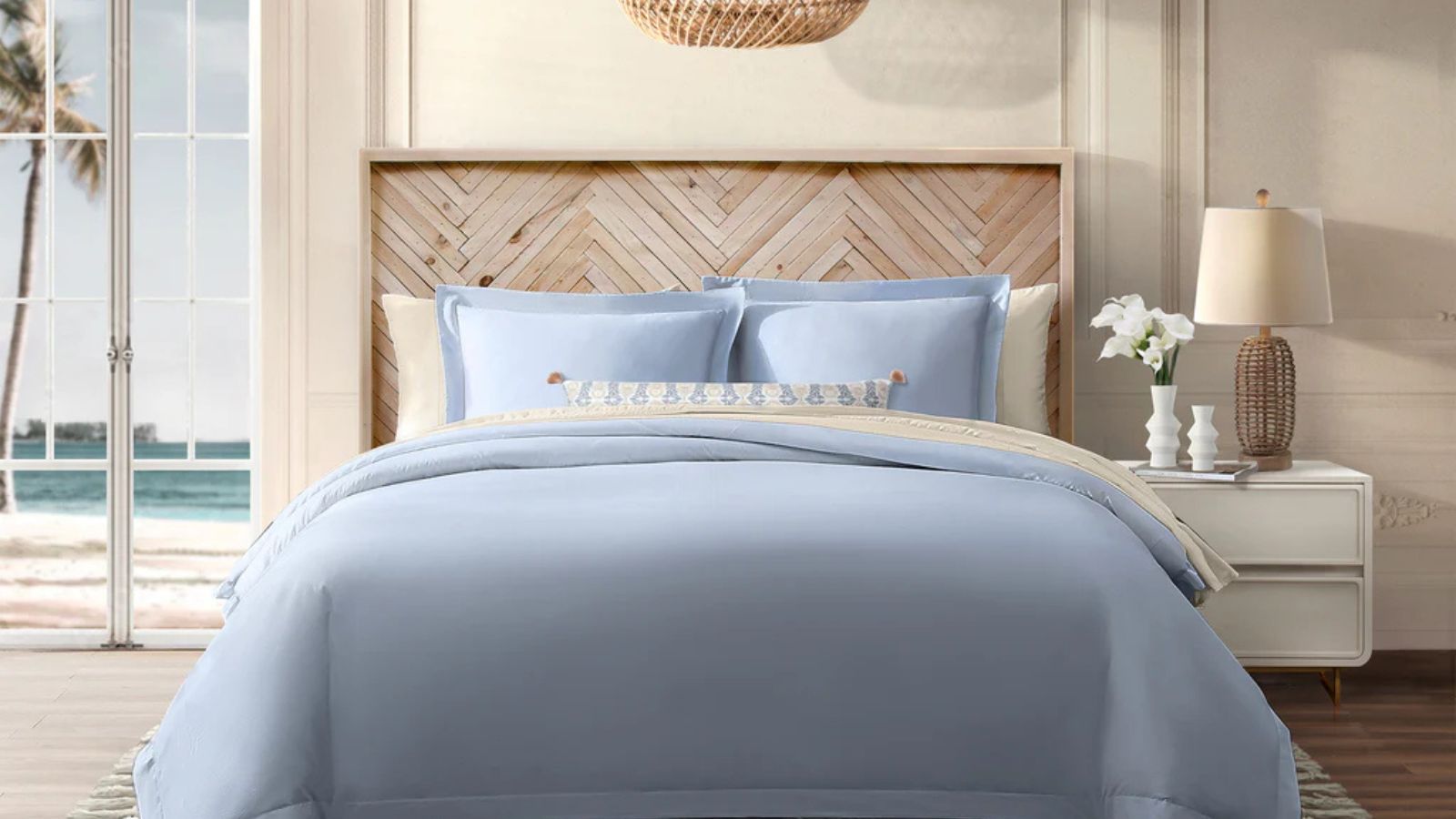
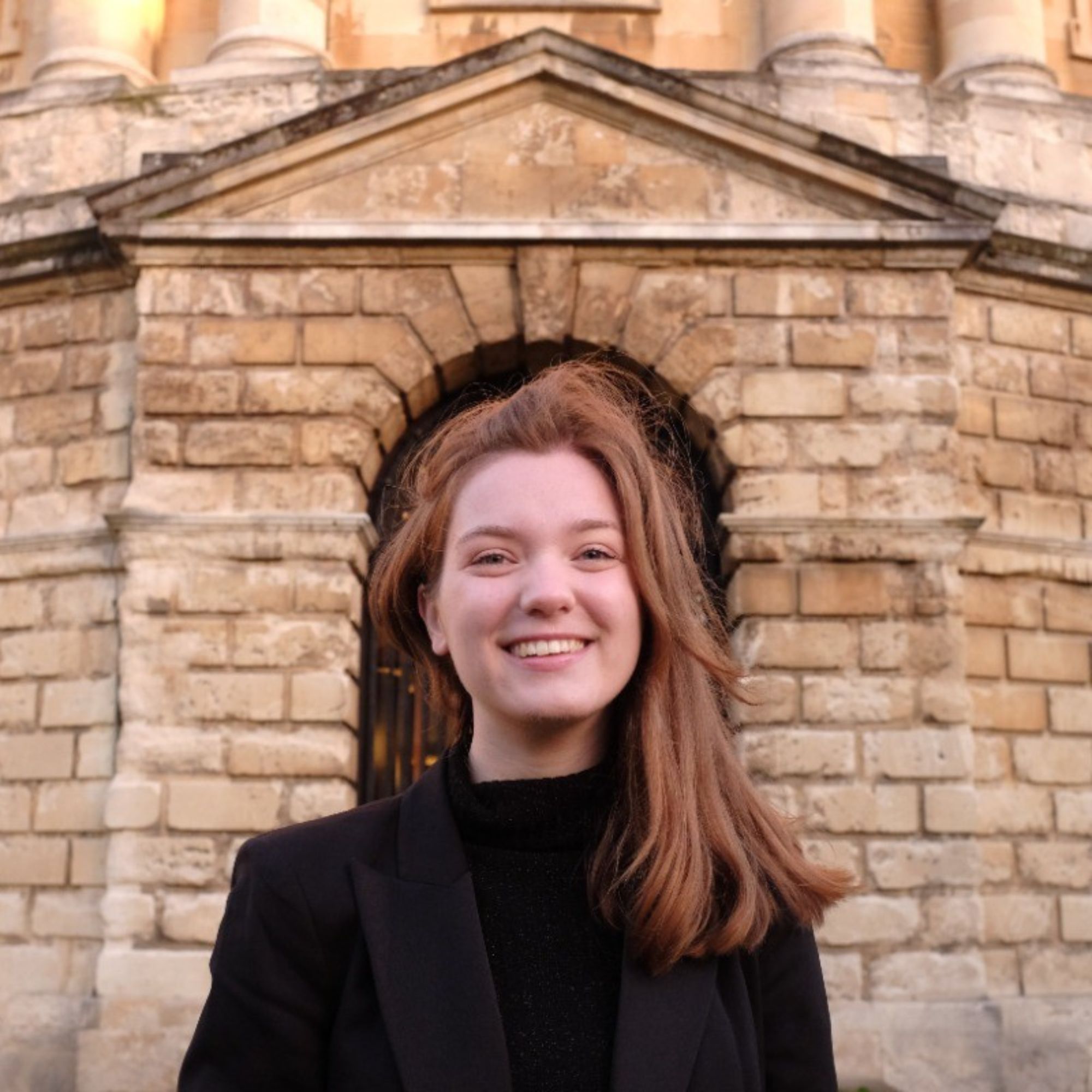
Almost everyone I know is tired of being tired. Some of us struggle to sleep in the same beds as our partners; others find it difficult to wake up on dark winter mornings or sleep on light summer nights. So, if you're keen to get your sleep schedule back on track, then it might be time to put some of these sleep trends to the test.
As the resident Sleep Editor here at Homes & Gardens, I'm always looking to learn how to sleep better. From Scandinavian sleeping tips to the military sleep method, I'll try anything once. With that in mind, I assembled an expert panel of product designers, medical professionals, and sleep scientists to tell me about emerging sleep trends for 2025 – and whether they really work.
Sleep trends to try in 2025 − and whether they really work
If you're looking for ways to prioritize sleep in the new year, look no further. Many of these sleep trends are easy and affordable to replicate − some of them are free.
1. Sleep divorce
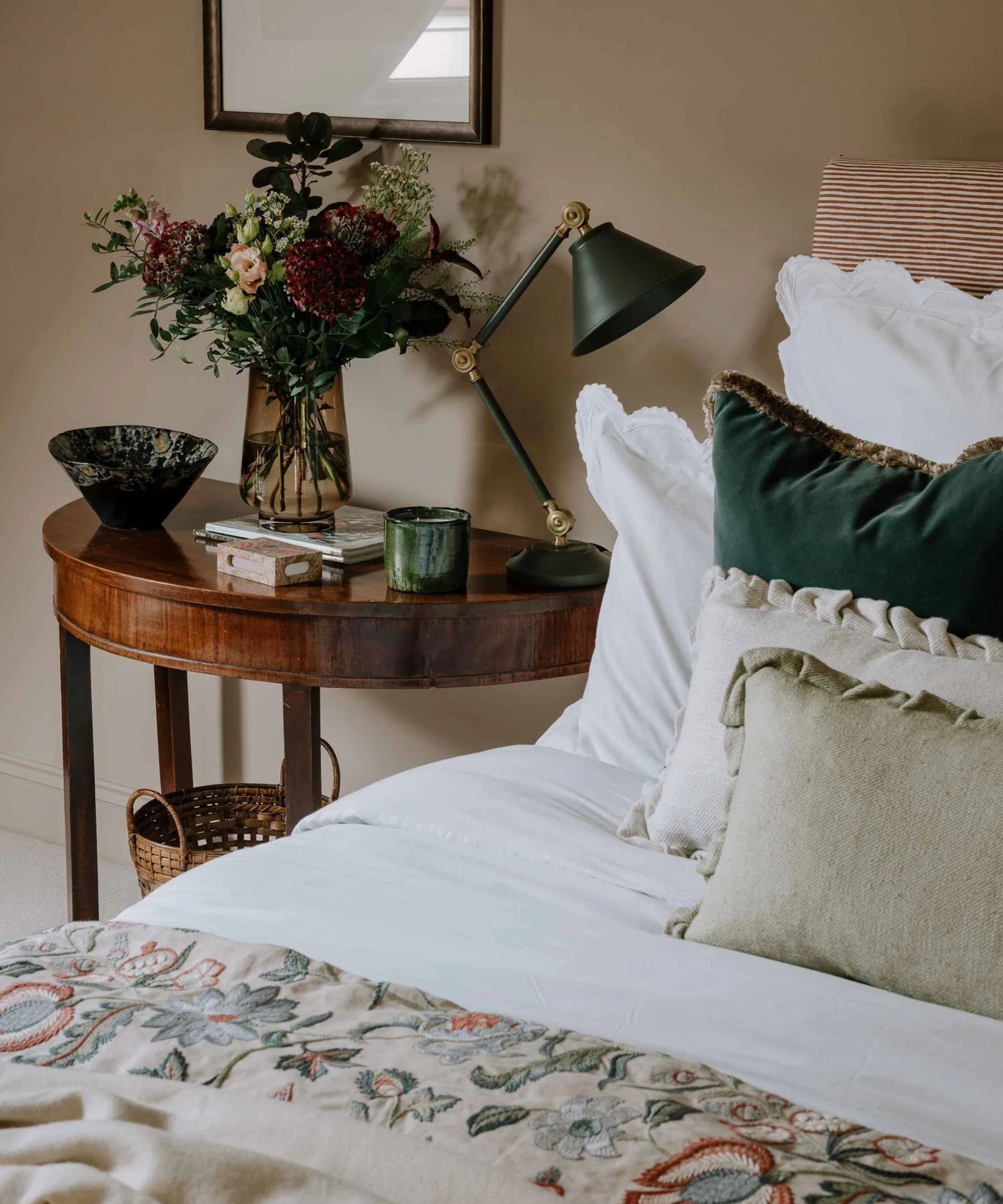
Sleep divorce is one of the more divisive trends in our industry. It's a charged term, but a simple concept: a sleep divorce means sleeping in a different bed, or even a different bedroom, to your partner. You might choose to sleep separately if either you or your partner snores, if one of you is feeling under the weather, or if one of you runs hot and the other runs cold.
'Sleep divorce has gained significant traction in 2025,' says Kat Dey, co-founder of ettitude, which I voted one of the best places to buy bedding. 'According to research by the Sleep Foundation, many Americans report improved sleep quality following sleep divorce, with some experiencing up to 37 minutes more sleep per night. While it can enhance rest and reduce relationship tension, it's crucial to maintain open communication to avoid feelings of disconnection.'
'For couples with different sleep schedules, sensitivity to movement, noise and light, or simply different sleep needs, separate sleeping arrangements can be a game-changer,' Kat continues. 'It allows both partners to rest undisturbed, leading to better health, mood, and even stronger connection during waking hours. It’s also especially helpful during cold and flu season – giving one partner the space to recover while helping the other stay healthy.'
2. Sleep honeymoon
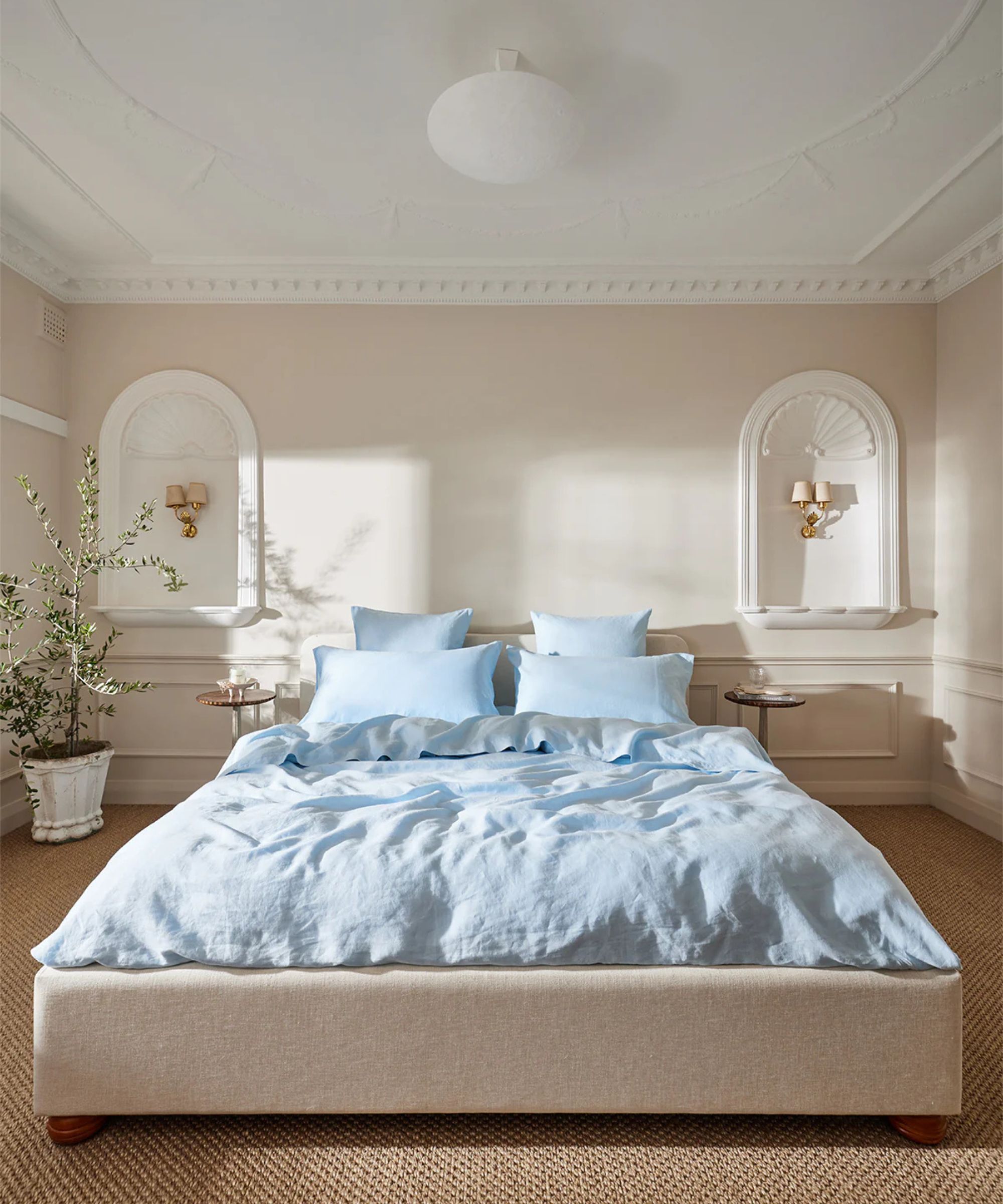
Caitlin Shure, Head of Product for NextSense, wants us to reframe the way we think about sleep divorce: 'When couples work together to improve their sleep, I call that a sleep honeymoon. Sometimes, this involves creating different sleep environments; but personally, my sleep is worse when my partner is gone.'
'There are plenty of ways couples can collab toward better rest. For example, if temperature differences are a problem, investing in separate duvets (also known as the Scandinavian sleep method) can be a simple yet effective solution. And agreeing to a no-screens-in-the-bedroom rule or setting a shared wind-down routine, can help both parties stay accountable to good sleep hygiene.'
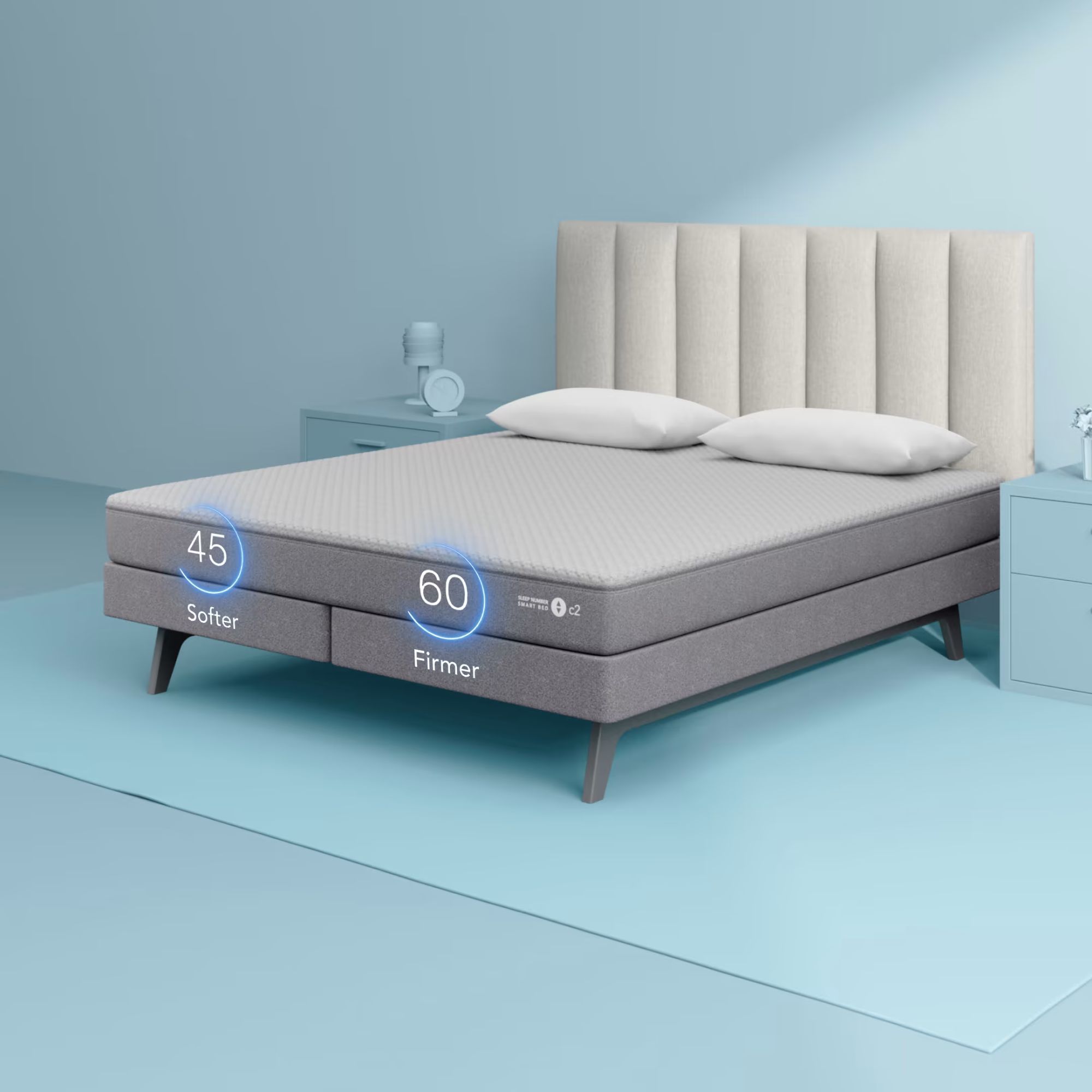
Kristen Bell and Dax Shepard use a Sleep Number smart bed to curate their own zones either side of the mattress. 'It is absolutely the best thing on earth,' says Bell. 'It’s the most elegant way to live. I’ll be like, “Do you want to watch TV?” And he’ll go, “Yeah. Let me bring you up."' In addition to head and foot adjustability, a Sleep Number smart base offers integrated sleep tracking and smart device control.
3. Sleep tourism
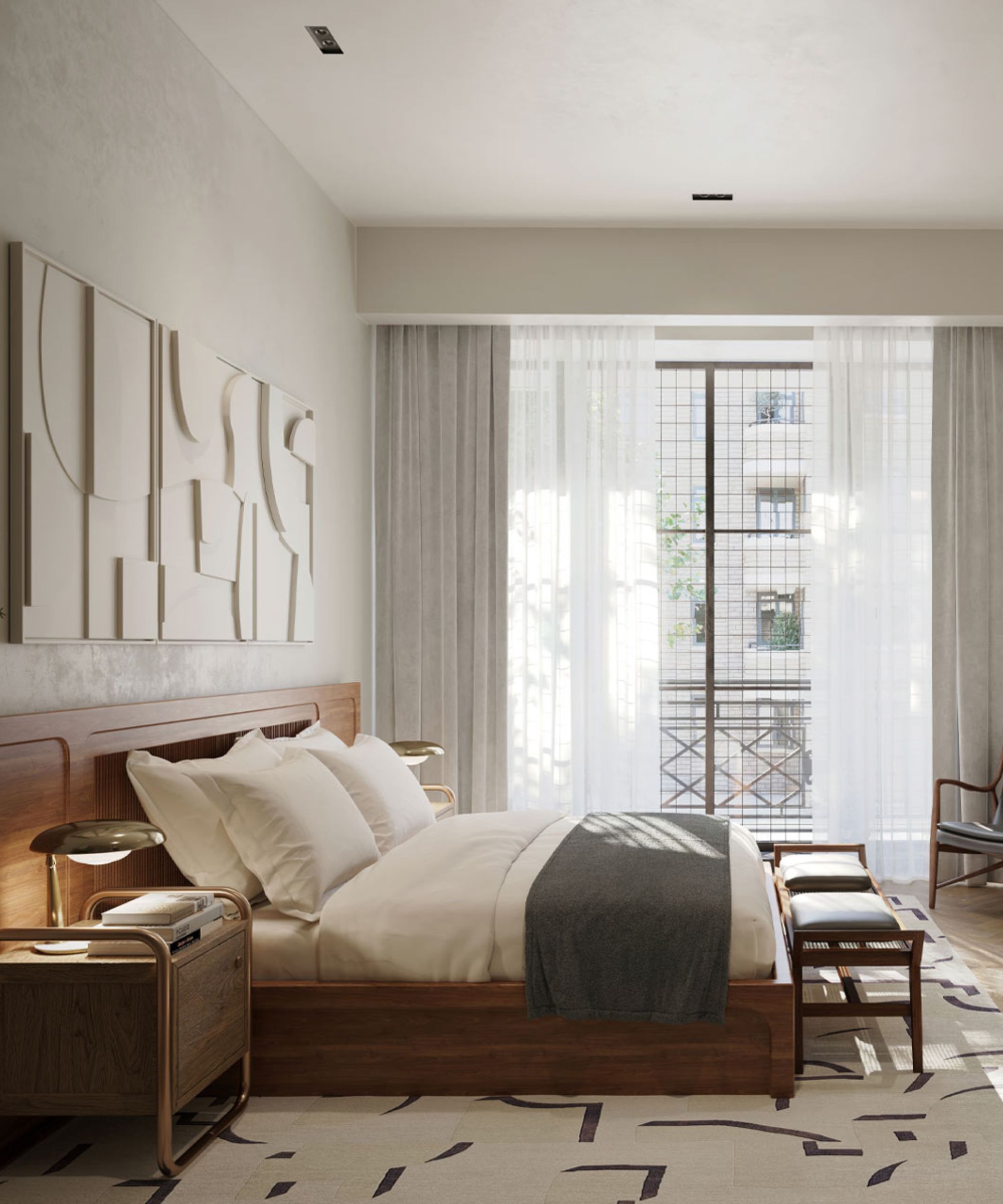
Sleep tourism is a travel trend that's all about rest and relaxation. Instead of traveling to the town with the most sights to see or the best food to eat, you visit hotels with smart mattresses, personalized pillows, spas, and saunas to help you unwind well.
There are lots of different ways to try sleep tourism. I asked Carly Neumann, a representative for the Six Senses Hotel, to give us a quick overview of their sleep retreat program.
Carly describes Sleep With Six Senses as 'a sleep program offered at multiple Six Senses resorts, ideal for guests who are looking to improve sleep patterns, restore energy levels, de-stress, establish a sustainable sleep routine, feel better equipped to face daily challenges, or pave the way to a healthier and happier life. The program combines advice from a Sleep Doctor with the many benefits of yoga nidra and meditation, relaxing treatments and amenities, wellness therapies, nutrition advice, as well as low intensity training.'
Still, you don't need to fly thousands of miles or spend hundreds of dollars to get better sleep. You can create your own sleep retreat at home. Whenever I've had a particularly stressful week at work, I like to bring out my best bedding, light a calming candle, and settle my stomach with a decent meal before I head to bed. It's an act of self-care and it always helps to get my sleep schedule back on track.
4. Grounding sheets
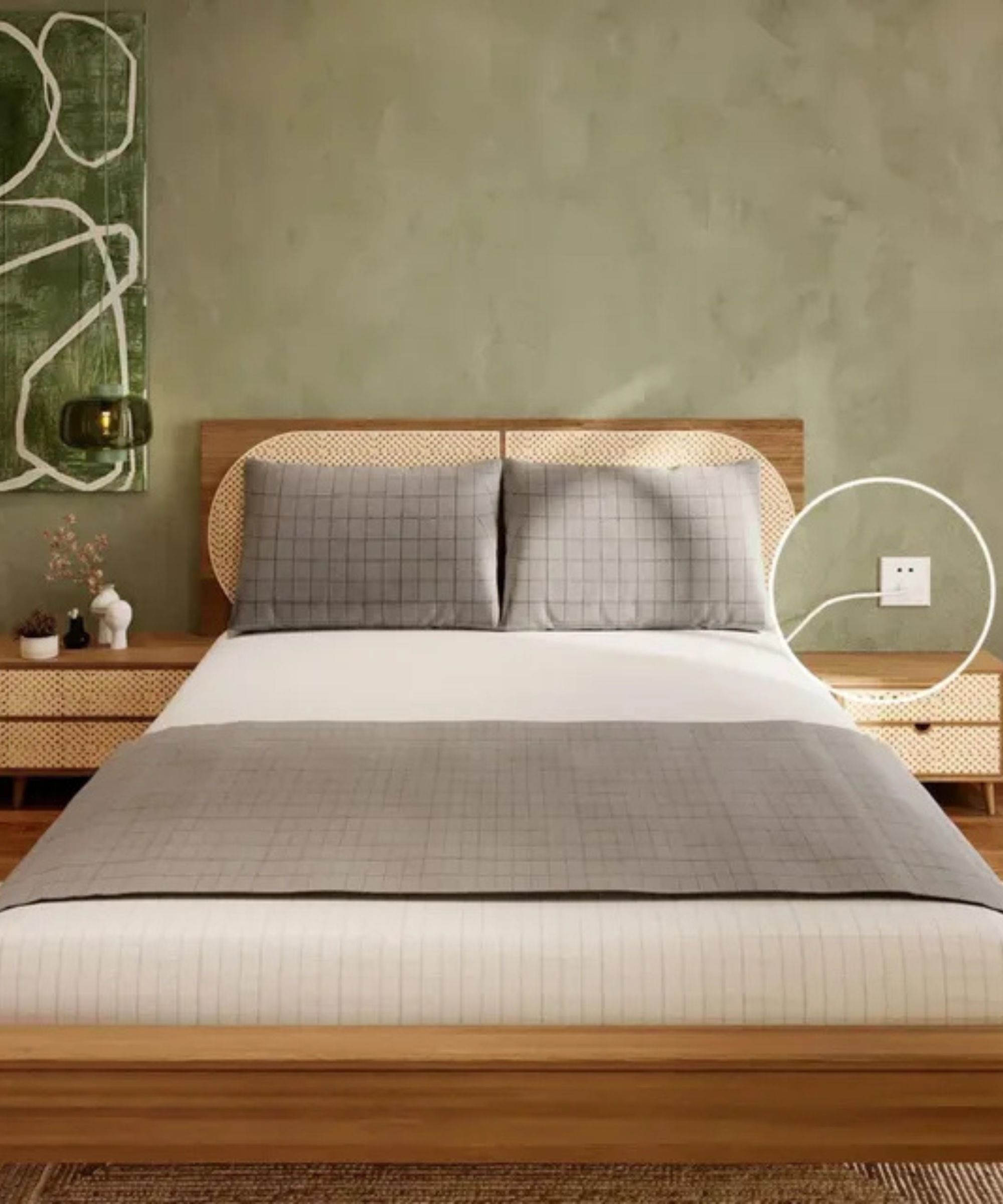
I see videos about grounding sheets all over my social media feeds. Grounding is the practice of connecting your bed to the ground and allowing electrons from the earth to flow into your body. According to its advocates, grounding your mattress is supposed to lower your cortisol levels, reduce inflammation, and enhance your sleep quality.
As the authority on all things sleep here at Homes & Gardens, I'm often asked, 'do grounding sheets actually work?' I'm skeptical − I can't understand why absorbing electrons from the earth would make such a difference when our bodies gain and lose electrons all the time through static electricity. To settle the debate once and for all, I've called in two sets of grounding sheets for testing. I'll report back and let you know whether I noticed a difference in my sleep quality and peace of mind.
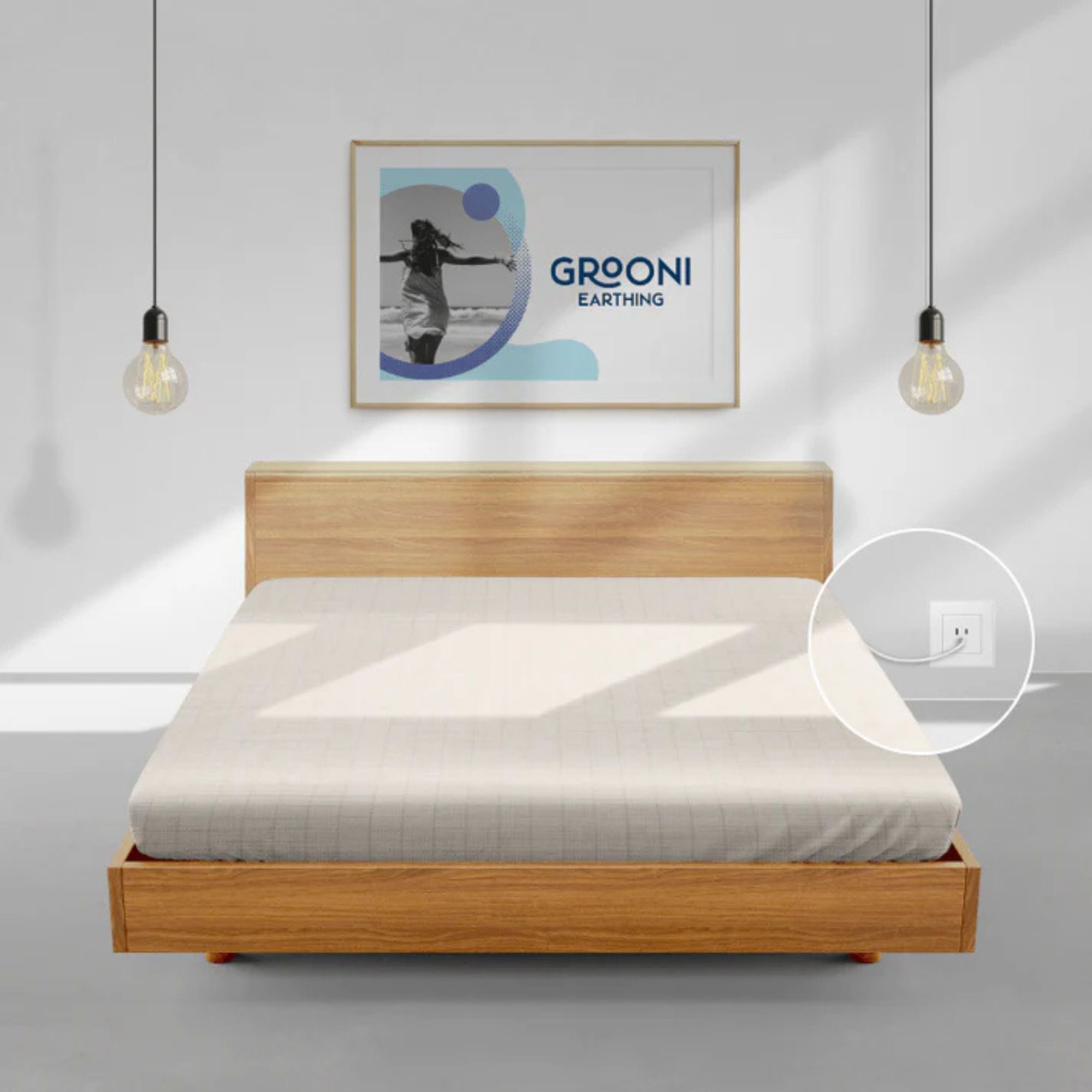
I ordered this grounding sheet for testing based on the customer reviews. 'These sheets are a game-changer,' reports one recent customer. 'I've suffered from chronic pain for years, and since incorporating the sheet into my nightly routine, I've seen a noticeable decrease in my discomfort. It's like having a natural pain reliever at my disposal.'
5. Smart alarm clocks
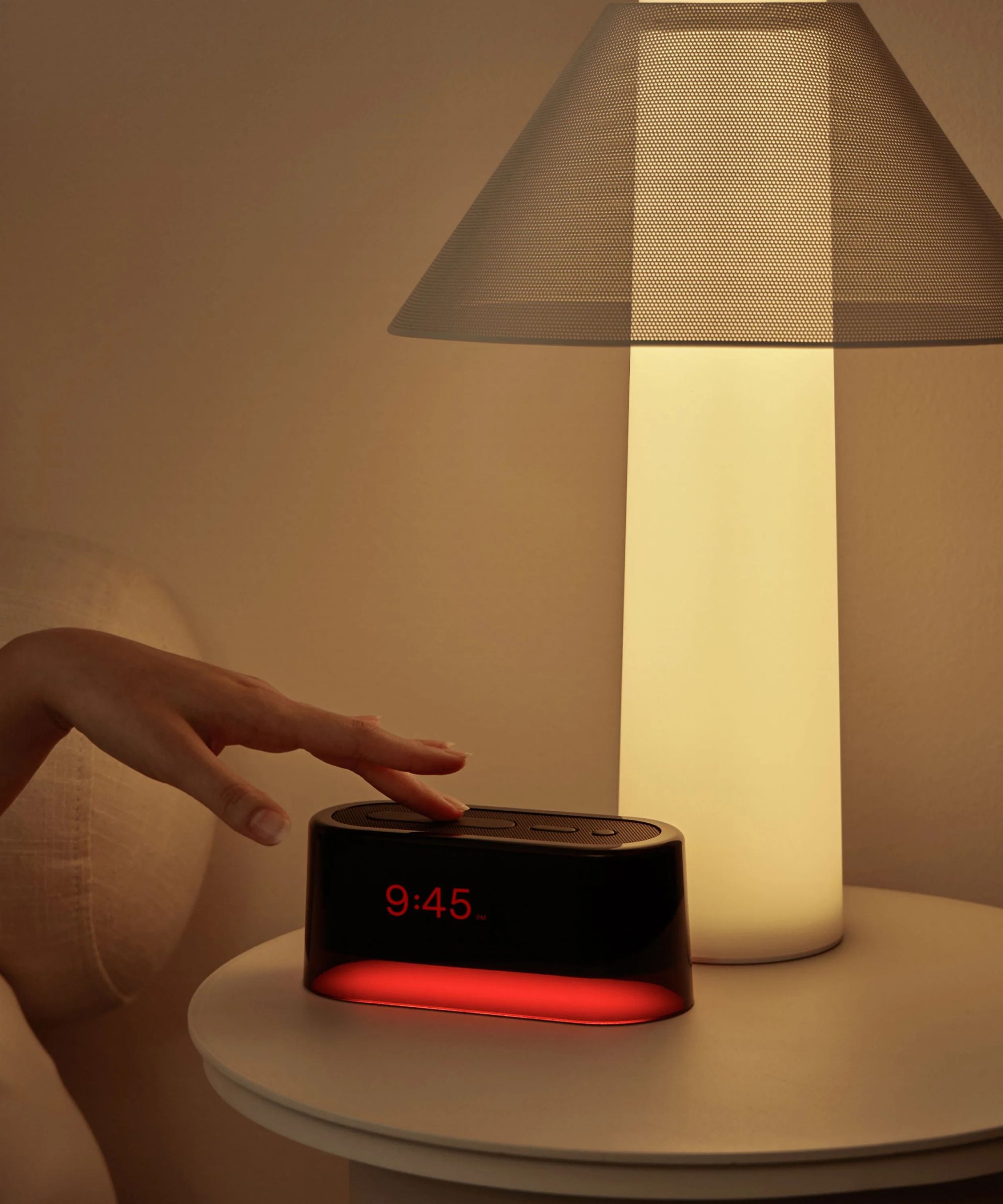
For clinical psychologist Dr. Leah Kaylor, 'the sunrise alarm clock is an absolute game changer, especially for those who wake up very early as well as in those dark winter months.'
'The best sunrise alarm clocks play on our ancient brain circuitry that we are supposed to be awake when the sun is up,' Dr Leah explains. 'We can use a sunrise alarm clock to trick ourselves into waking up and not having to rely on the actual sunrise.'
'I highly recommend a sunrise alarm clock, so much so that I travel with one! It doesn't have to be an expensive one, either. A $20 clock from Amazon (such as the i-CODE Sunrise Alarm Clock) could do the trick. For people who are worried about aesthetics, there are smart bulbs that do the same thing and can be controlled from an app.'
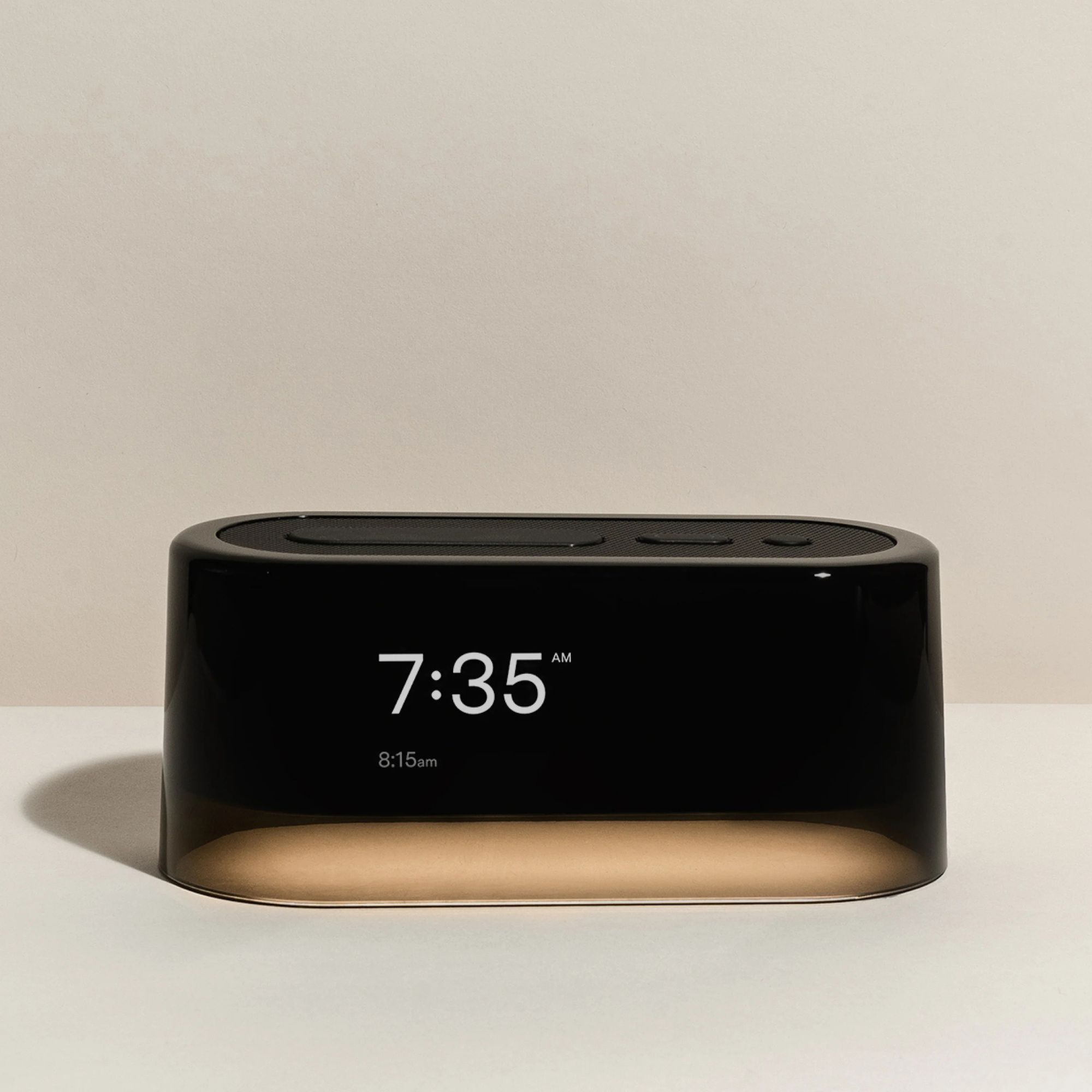
Dr. Fiona Gispen favors a two-stage alarm clock: 'the Loftie Clock has significantly improved my morning routine. It begins with a 30-second gentle tone to softly awaken you, then followed by a more assertive tone 10 minutes later, encouraging you to rise. The clock has a melodic calming “bedtime signal” and the lamp has a sunset wind-down mode, both of which serve as reminders to start our bedtime routines and keep our sleep schedules on track.'
6. Sleeping with the curtains open
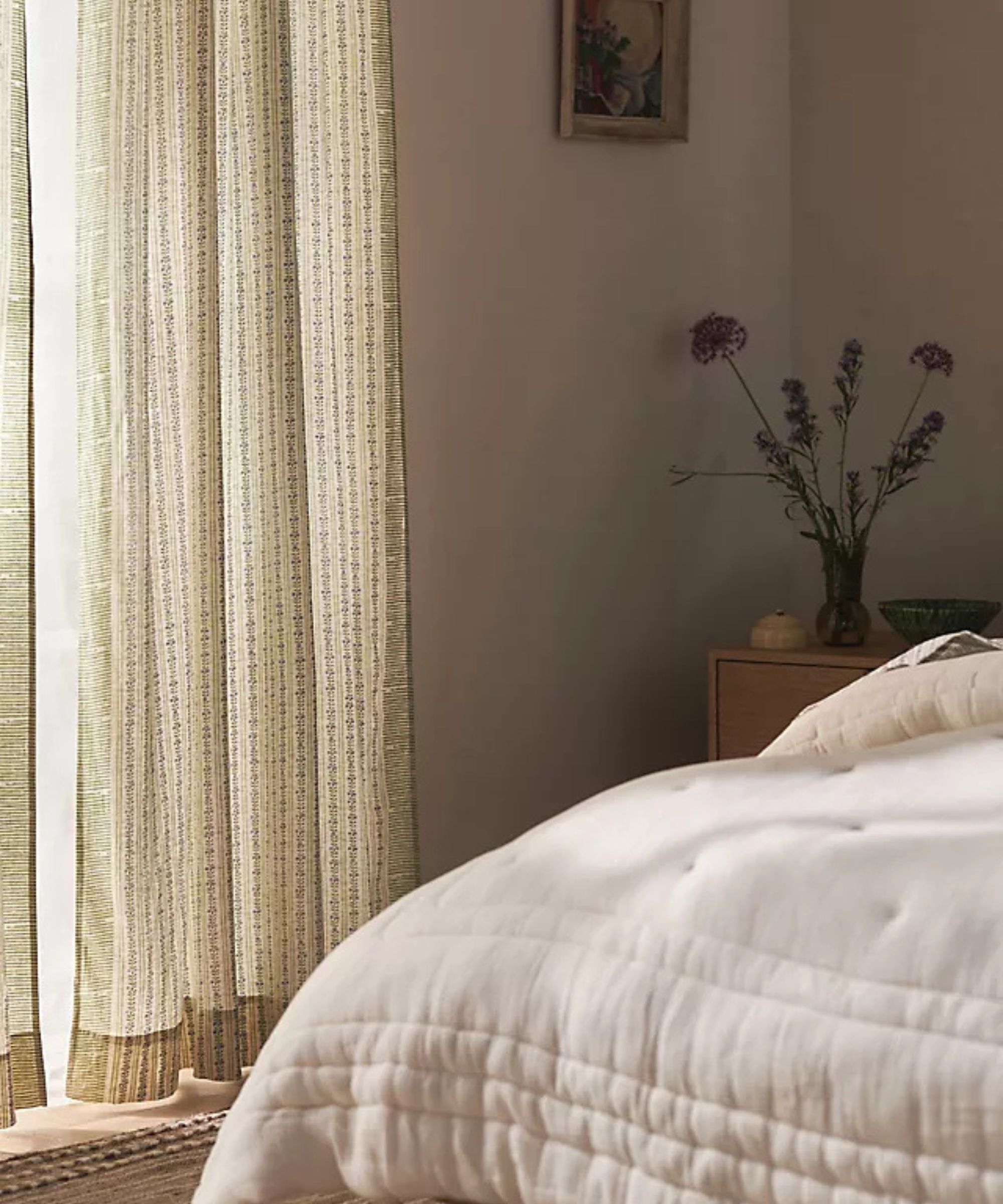
'Some people prefer to sleep with their curtains open to wake up naturally with the sunrise,' says Sam Tamlyn, Window and Sleep Expert at Shutterly Fabulous. 'Going to sleep in the dark and waking up in the light is the best way to align with your natural circadian rhythms, helping to regulate your sleep-wake cycles.'
If you're keen to get back to basics, and listen to your body's natural impulses, then I suggest you try sleeping with the curtains open, or at least invest in a set of sheer curtains to let the light filter in. 'However,' Sam clarifies, 'sleeping with the curtains open may not be the best solution for everyone, particularly those who live in areas with substantial light pollution, as this can negatively impact sleep quality.'
7. Narrative audio
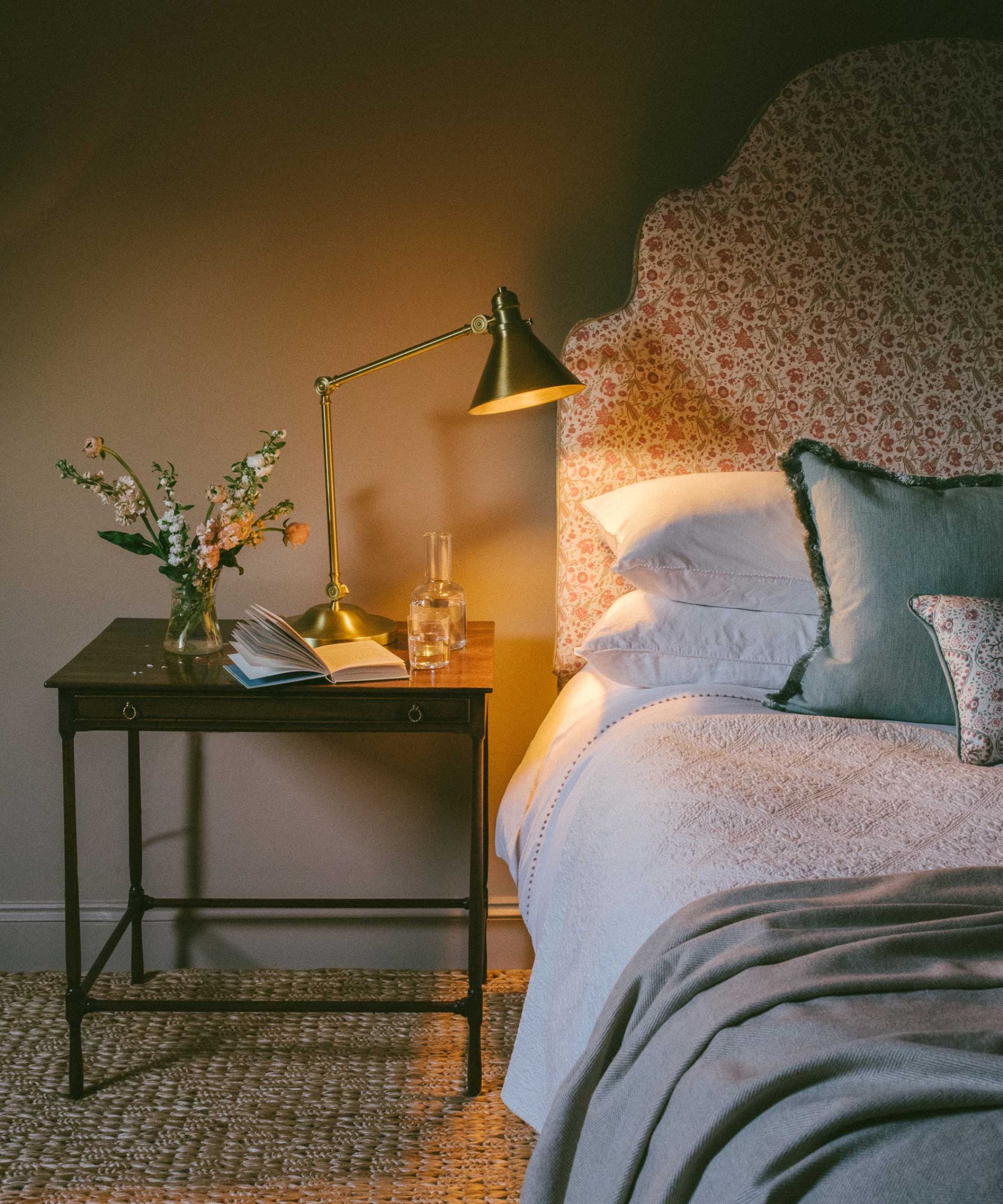
'One of the most effective trends I’ve adopted is listening to narrative audio to fall asleep.' says neurotechnologist Caitlin Shure. 'In my case, Agatha Christie audiobooks send me straight to sleep, but this will vary from person to person.'
'The idea is to find something stimulating enough that it distracts from your racing thoughts, but not so stimulating that it keeps you awake,' Caitlin explains. 'This absolutely works for me – I also see it as part of a broader trend – confirmed by the rise of both sleep-specific earbuds, as well as podcasts and other media designed specifically for helping you sleep.'
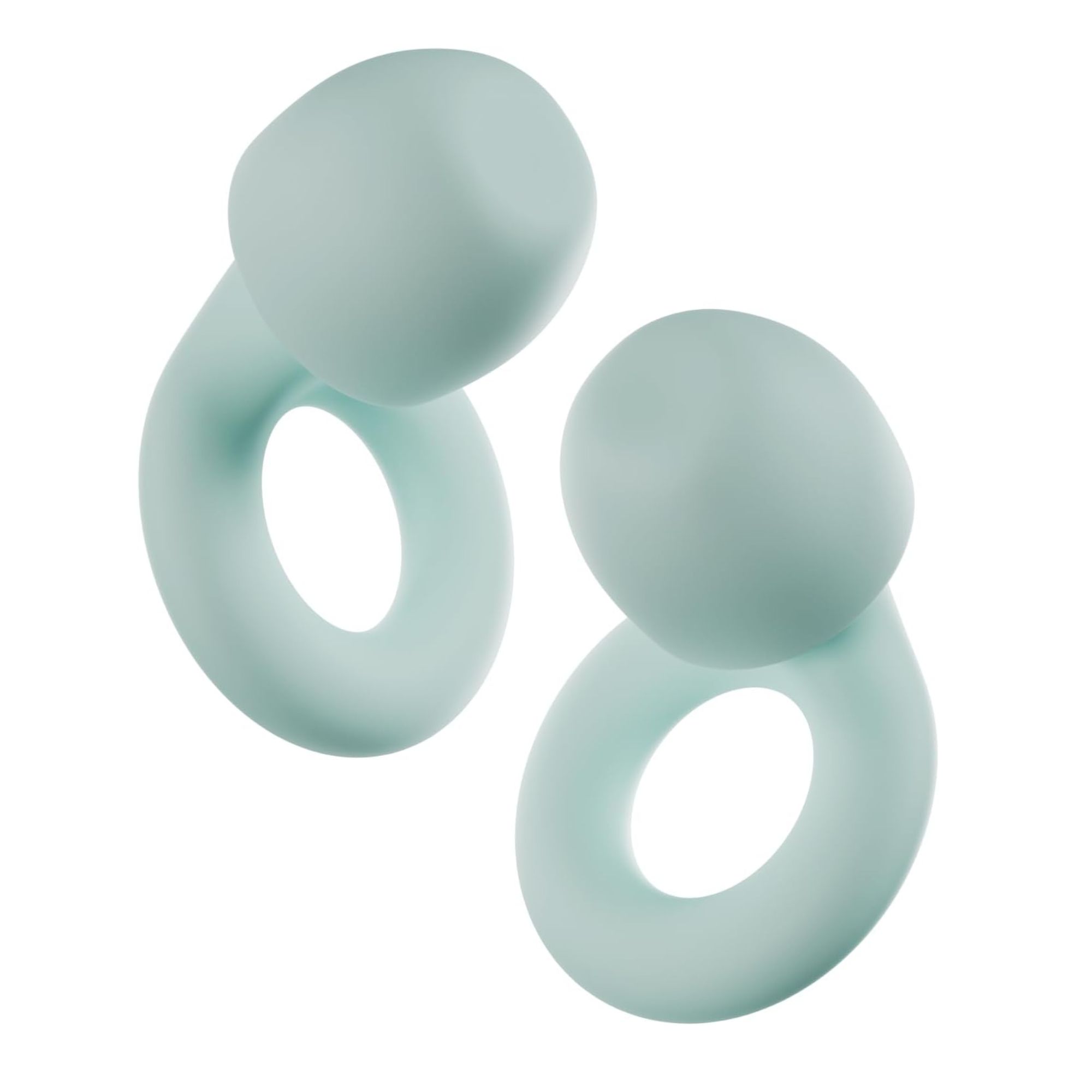
These are the number-one best-selling ear plugs on Amazon. Noise-reducing, rather than noise-cancelling, you should still be able to hear your car alarm or your children cry in the middle of the night, but you shouldn't be disturbed by your partner snoring.
8. Sleep trackers
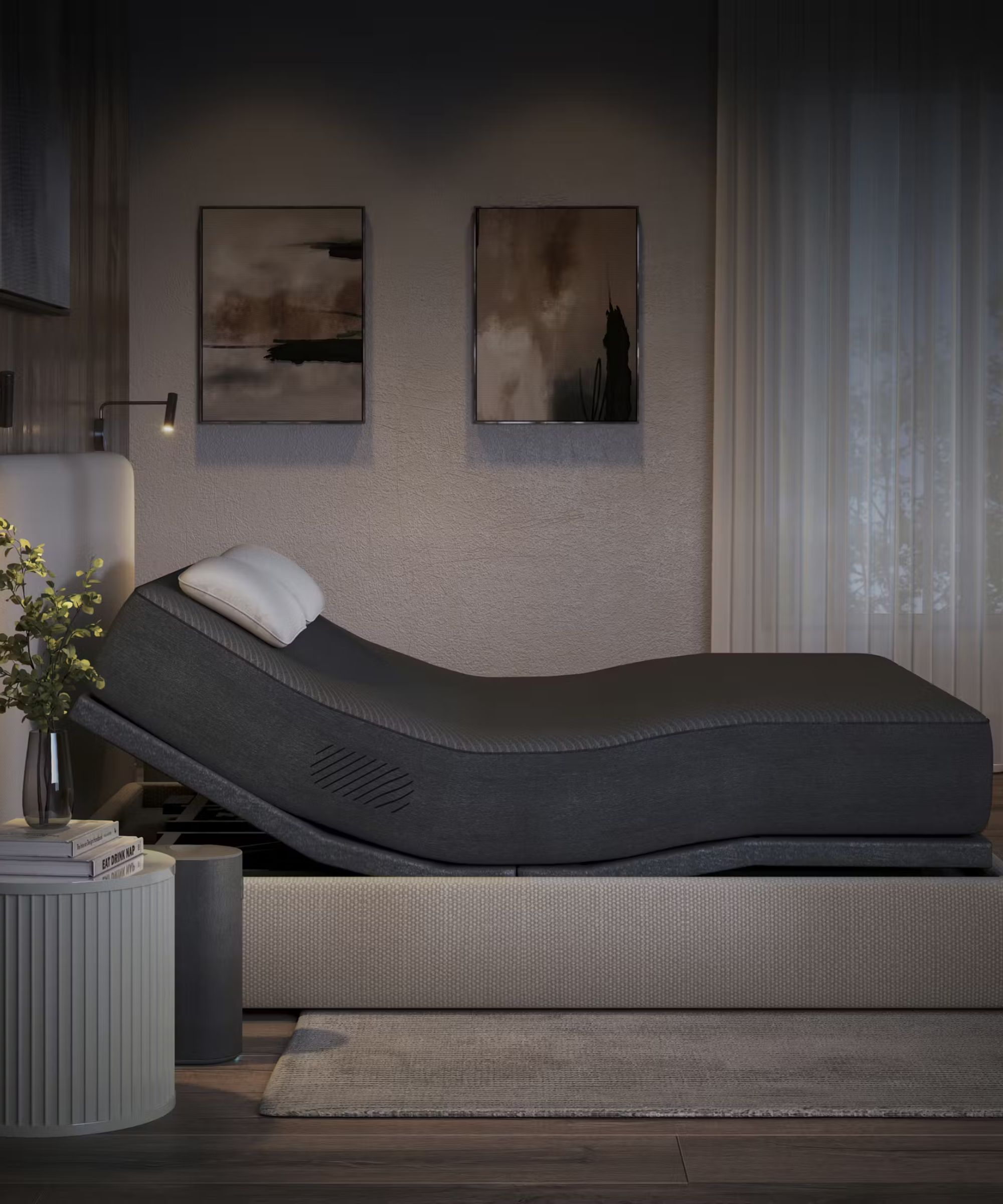
'Wearable sleep trackers are still popular and, for many, can be a powerful tool,' Caitlin Shure continues. 'But data alone doesn’t fix sleep. A tracker’s value lies in its ability to help you act on insights.'
'The best sleep trackers bring awareness without creating anxiety. They nudge you toward better habits, framing sleep as a journey—not a grade. Personally, I have found trackers useful for discovering long-term trends and for understanding how different variables affect my sleep.'
There are so many different types of wearable sleep trackers: bracelets, wristwatches, rings, and so on. Personally, I prefer non-wearable sleep trackers that don't dig into my skin. I tested the Eight Sleep Pod 4 for two months and I was very impressed by the extent of the data collected and the clarity with which it was reported.
9. Mouth tape
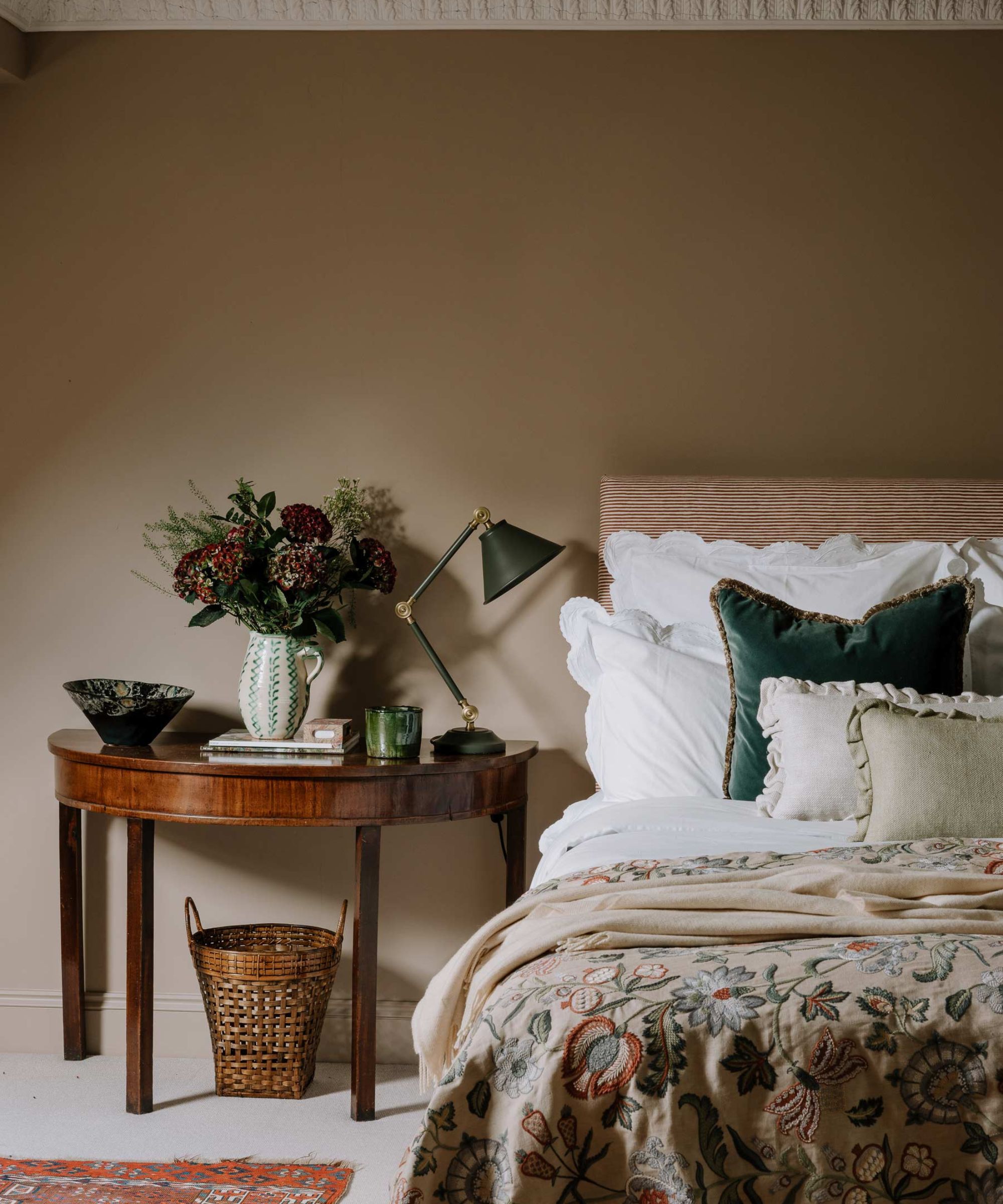
'Four years ago, my life fell apart,' entrepreneur Alex Neist tells me in an email interview. 'My snoring was so bad that my wife moved into another bedroom, causing our intimacy to fade. We ended up getting a divorce, and I hit rock bottom, so I started asking myself, "what made everything go off the rails?" The first thing I noticed was my garbage sleep.'
'So, I started studying how snoring affects your sleep,' Alex continues. 'I heard about a guy named James Nestor, who talked about how mouth breathing (the main cause of snoring) ruins your health. I read a book he wrote called Breath and saw that he recommends taping your mouth shut to eliminate snoring and improve your sleep. I had nothing to lose, so I gave it a shot. The next morning, I woke up feeling like a kid. My usual morning grogginess and brain fog were gone and I had 10 times more energy. I was so inspired that I created my own brand of mouth tape, Hostage Tape, which is stronger and more comfortable than anything on the market.'
'Mouth tape works,' Alex declares. 'Just look at the facts: Studies show over 60% of Americans are night-time mouth breathers, and since mouth breathing is one of the top causes of sleep deprivation, that means there’s probably around 200 million people in the USA alone who are waking up every morning not feeling so great.'
'Remember how my family fell apart? One day during the curb-side drop off, my wife walked down to the car and we had a chat. She invited me to her home and we talked more. Fast forward to now, we’re once again sleeping in the same bed. Mouth taping changed my life,' says Alex, 'and it could change yours, too.'
You might read online or hear from friends about sleep supplements: special medication you can take to get deeper sleep at night. Before you start taking supplements, I recommend you speak with a medical professional to learn more about any potential side effects.
Sign up to the Homes & Gardens newsletter
Design expertise in your inbox – from inspiring decorating ideas and beautiful celebrity homes to practical gardening advice and shopping round-ups.

Emilia is our resident sleep writer. She spends her days tracking down the lowest prices on the best mattresses and bedding and spends her nights testing them out from the comfort of her own home. Emilia leads a team of testers across America to find the best mattress for every sleep style, body type, and budget.
Emilia's quest to learn how to sleep better takes her all around the world, from the 3Z mattress factory in Glendale, Arizona to the Hästens headquarters in Köping, Sweden. She's interviewed luxury bedding designers at Shleep and Pure Parima, as well as the Design Manager at IKEA. Before she joined Homes & Gardens, Emilia studied English at the University of Oxford.
You must confirm your public display name before commenting
Please logout and then login again, you will then be prompted to enter your display name.
-
 The statement color trend Alicia Keys wore to the Met Gala has finally convinced me to decorate with 2025's most divisive color of the year
The statement color trend Alicia Keys wore to the Met Gala has finally convinced me to decorate with 2025's most divisive color of the yearRed is not just on everyone's closets, it's in everyone's home too
-
 Is it necessary to deadhead lilac flowers? Here's what I've learned after a decade working as a professional gardener
Is it necessary to deadhead lilac flowers? Here's what I've learned after a decade working as a professional gardenerDeadheading spent lilac blooms can help to improve the appearance of your plants, but it won't encourage any more blooms
-
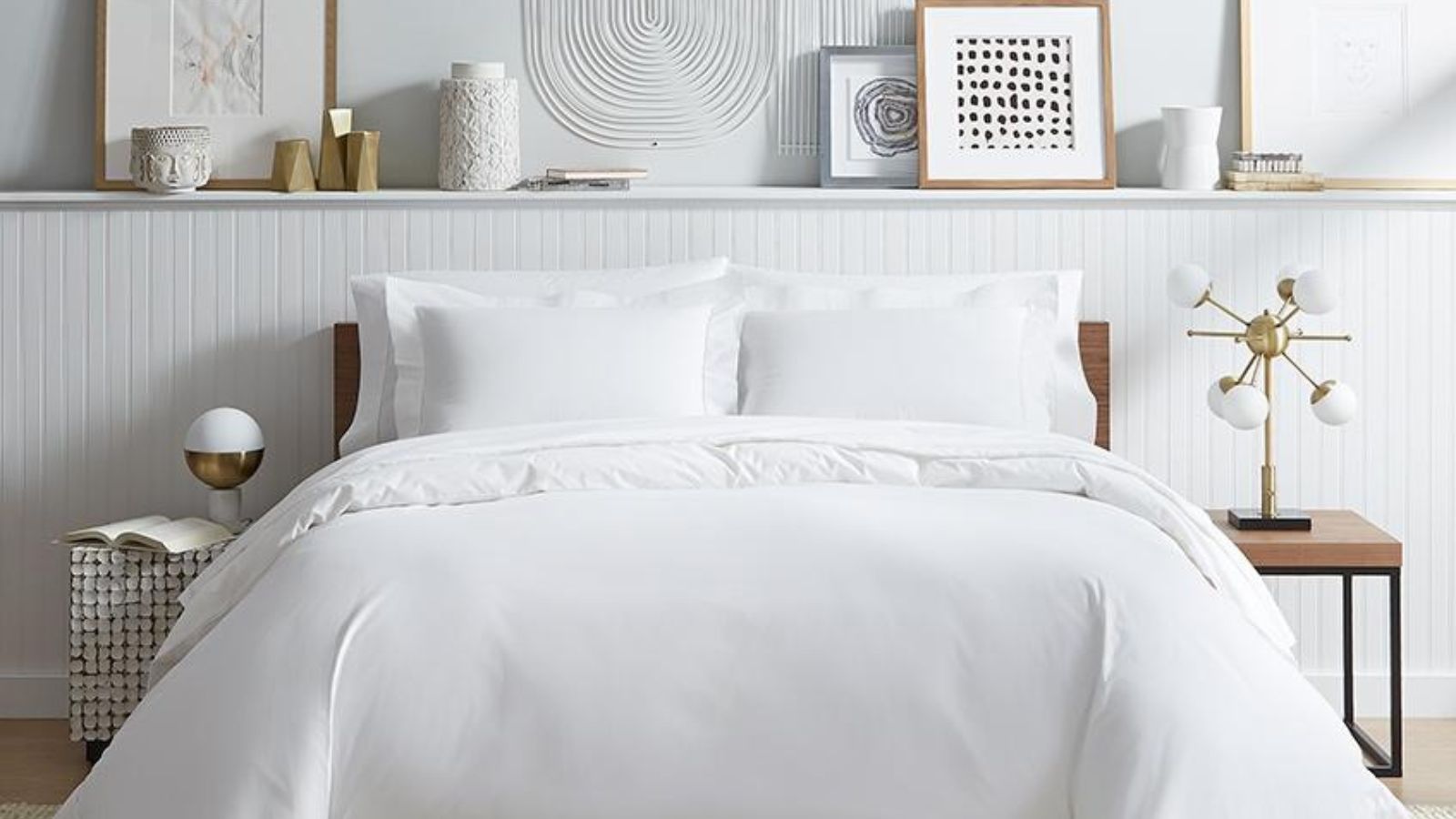 How we test comforters − our expert review process explained
How we test comforters − our expert review process explainedHere's everything you need to know about how we test comforters for comfort, cooling, ease of care, and value for money
-
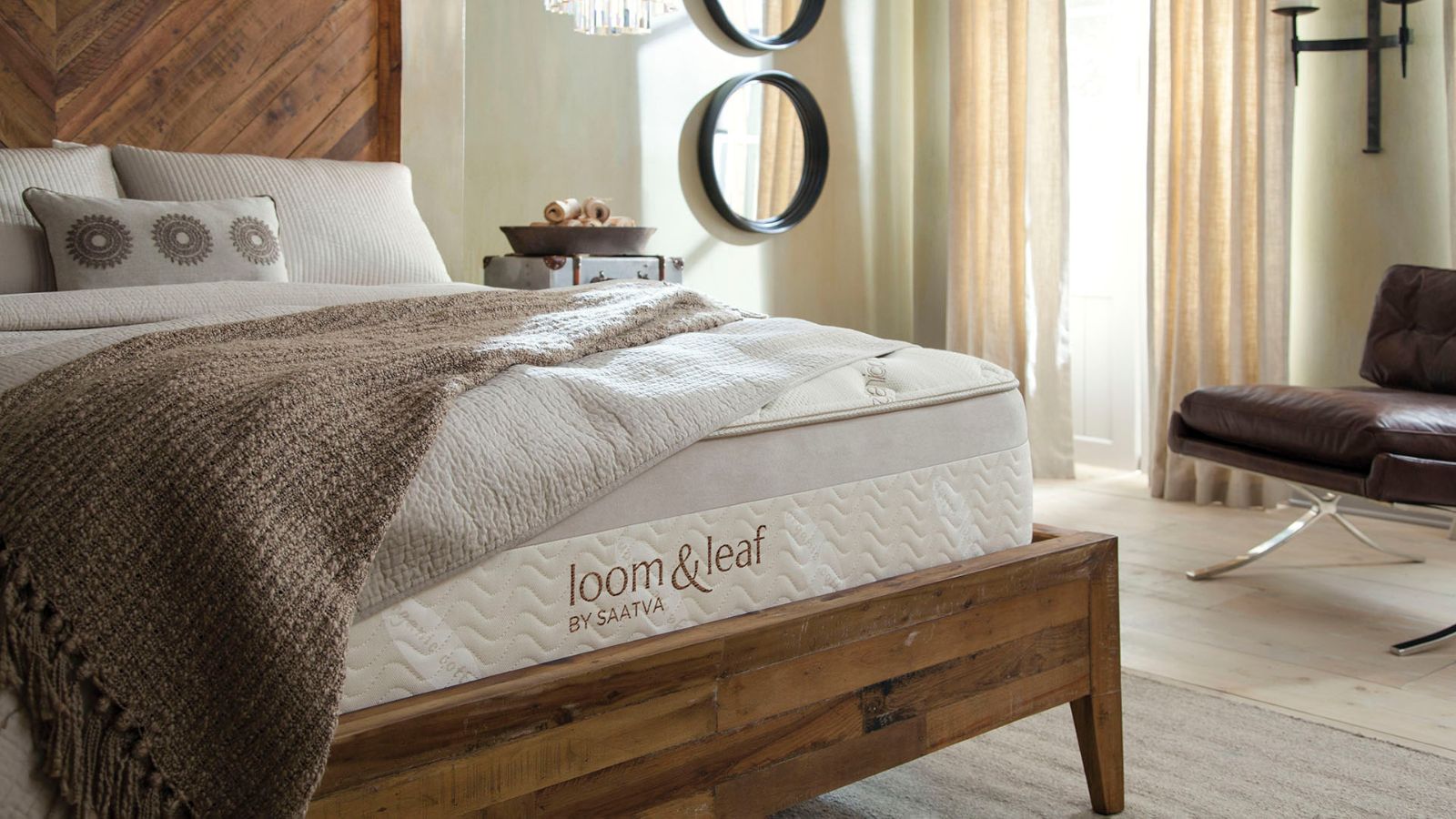 How mattress warranties work – everything you need to know
How mattress warranties work – everything you need to knowI asked a mattress salesman to explain how mattress warranties work, what they do and don't cover and how to file a claim if your bed breaks
-
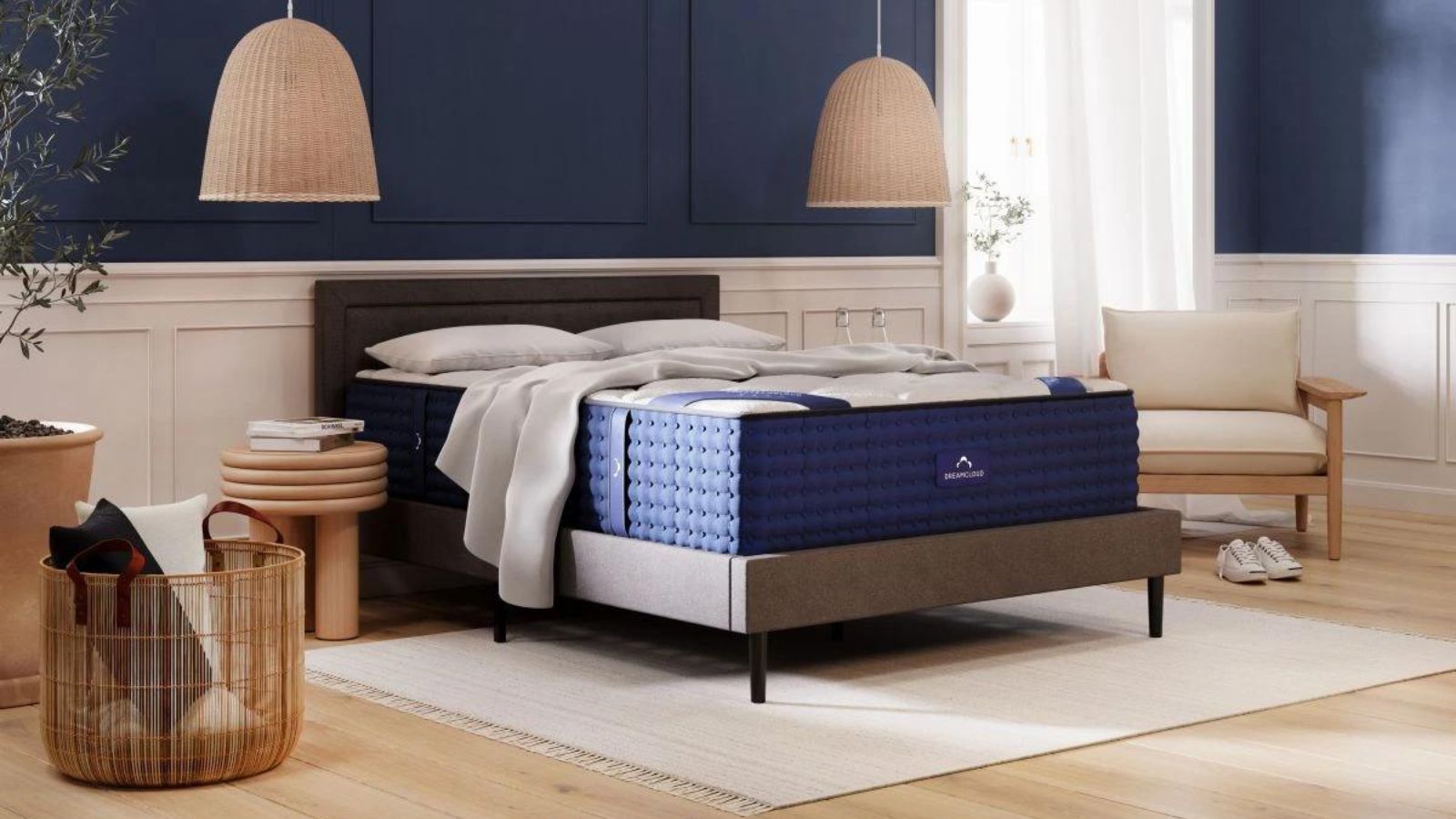 Hybrid vs memory foam − what's the difference and which is best for you?
Hybrid vs memory foam − what's the difference and which is best for you?I set hybrid vs memory foam mattresses head to head to help you decide which mattress type suits your sleep style
-
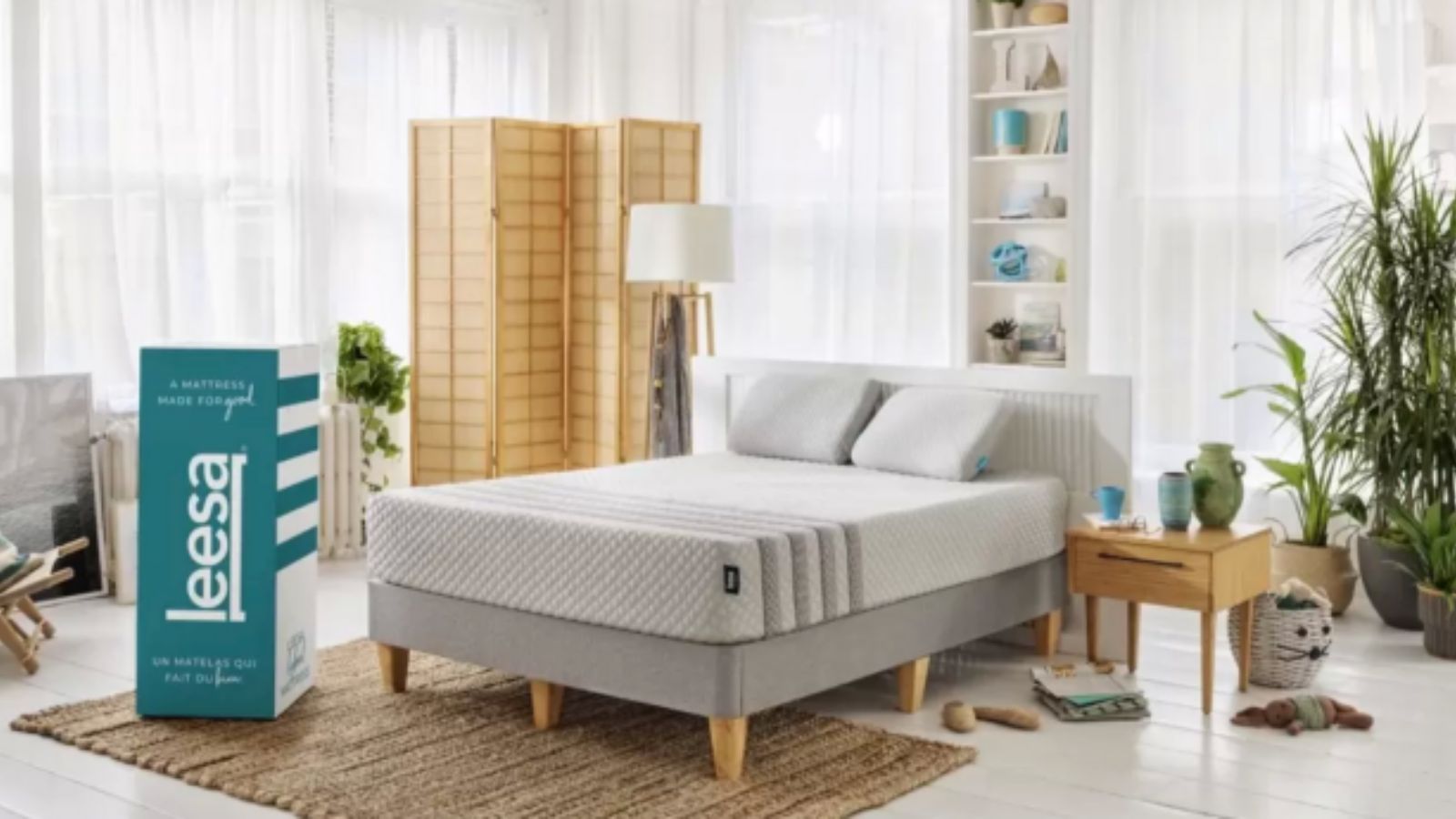 How to test a mattress − at home or in store
How to test a mattress − at home or in storeI asked mattress manufacturers and certified sleep experts how to test a mattress for the best night's sleep
-
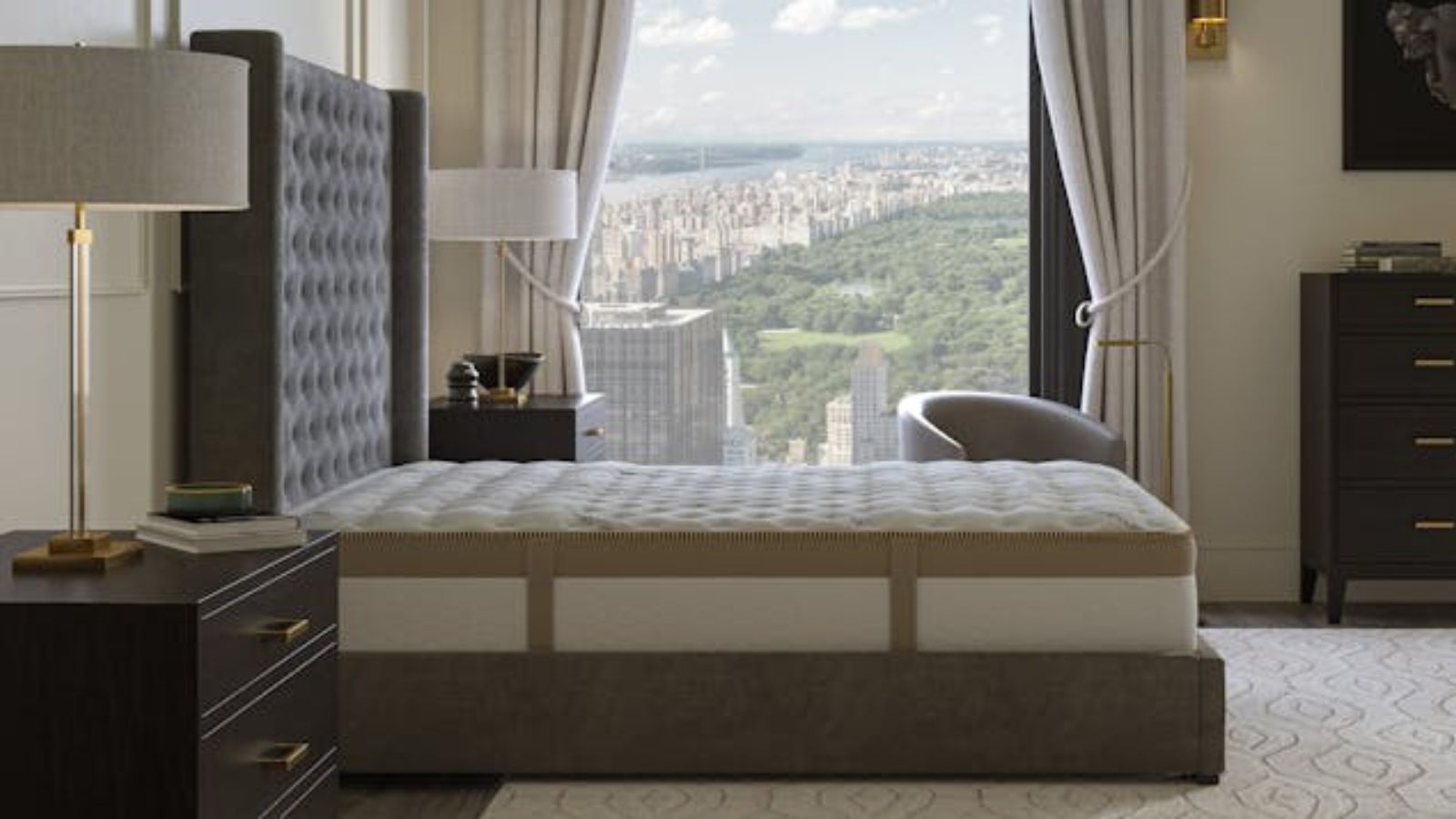 How to break in a mattress − expert tips from mattress testers
How to break in a mattress − expert tips from mattress testersI spoke to mattress manufacturers and sleep scientists to learn how to break in a mattress for better sleep on a time crunch
-
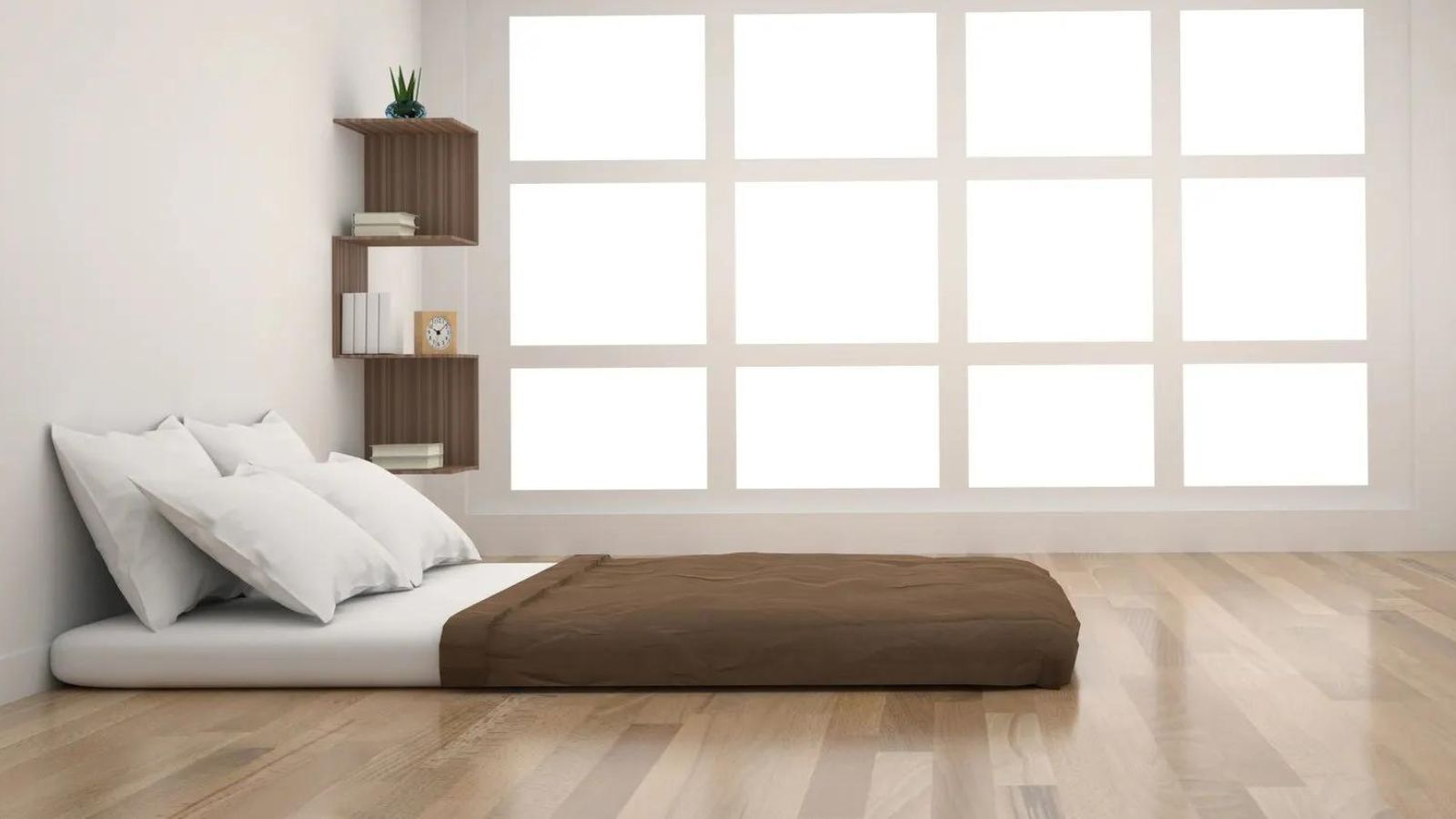 Should you put a mattress directly on the floor? Experts outline the pros and cons
Should you put a mattress directly on the floor? Experts outline the pros and consI spoke to mattress manufacturers and sleep scientists to find out whether it's ever a good idea to put a mattress directly on the floor
-
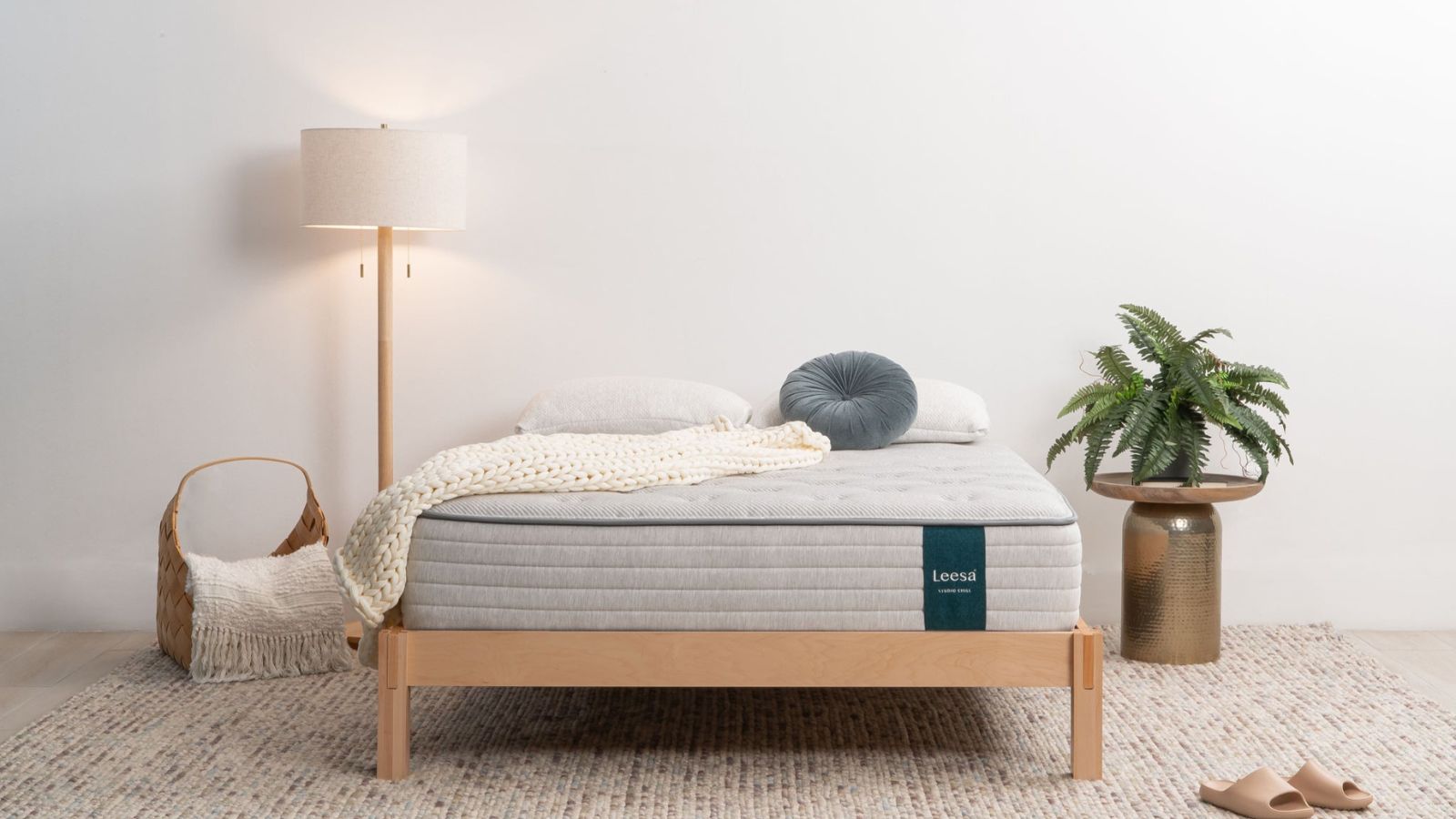 What is the best mattress firmness? How to find your ideal fit and feel
What is the best mattress firmness? How to find your ideal fit and feelI asked physical therapists and sleep scientists to talk me through the pros and cons of mattress firmness ratings for different sleep styles
-
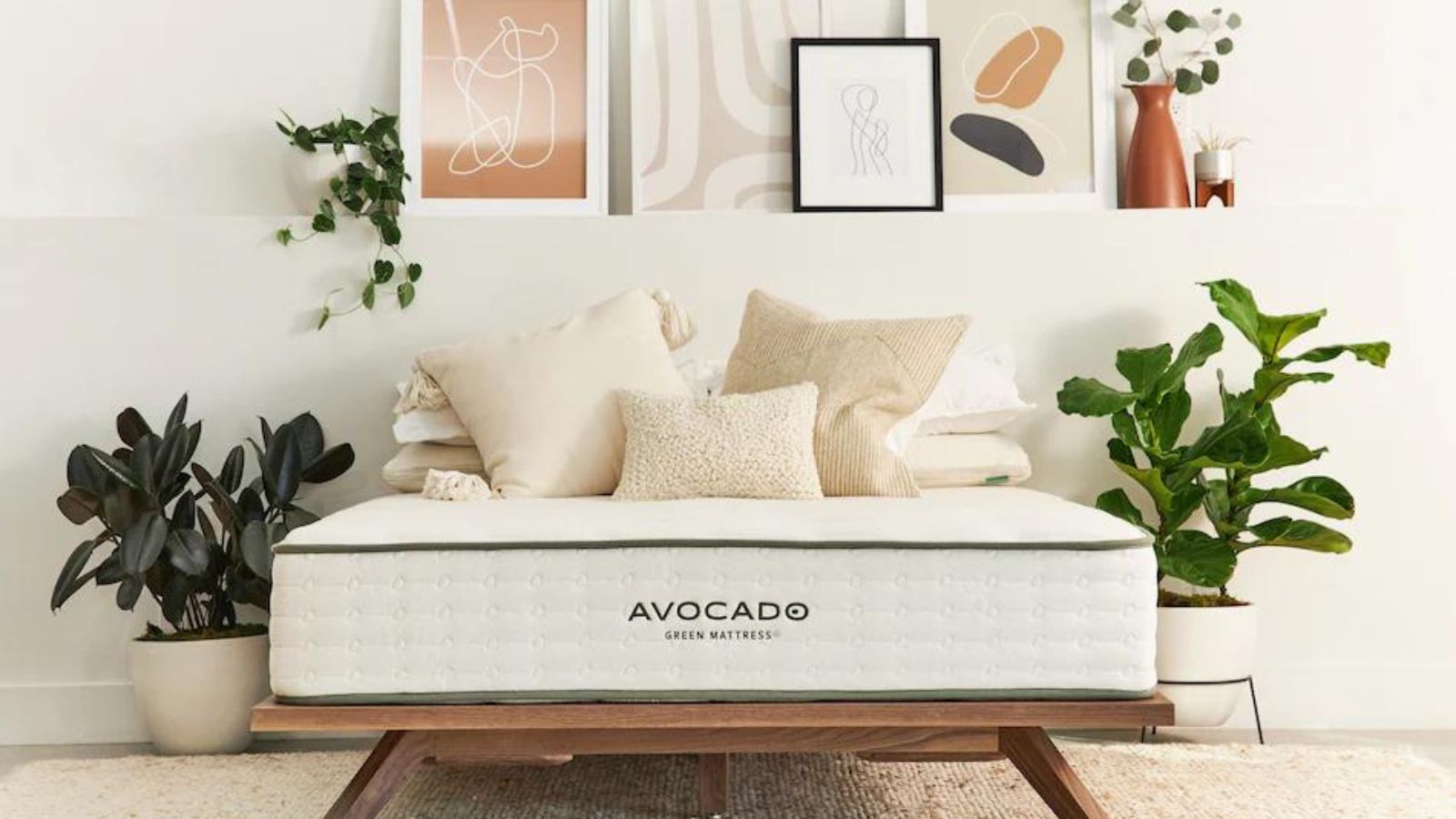 What is a pocket sprung mattress? Your expert guide
What is a pocket sprung mattress? Your expert guideFor responsive support with minimal motion transfer, try a pocket sprung mattress – I've outlined the pros and cons to help you shop smart